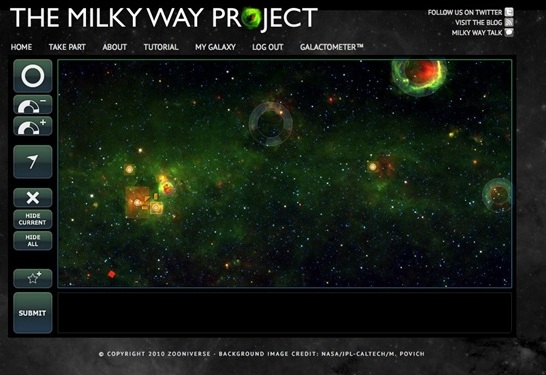by Sarah Kendrew
- Published: Tuesday, April 23 2013 06:00
The path to a career in astronomy is often seen as very narrow: from school to a good university, a postgraduate education, and onwards into academia. Astronomy is research – observing with telescopes, creating and testing intricate models of the Universe, figuring out the answers to long-standing questions. It sounds daunting, and many people choose to pursue other paths. But there are many ways to play an active and important role in astrophysical research.
In the time I’ve spent engaging in “outreach” activities (such an ugly word!), I’ve heard dozens give me the same reasons for not making a profession out of their passion: it’s too hard, I’m bad at mathematics.
This view is unnecessarily limited. Astronomy is an incredibly broad subject that requires people with all sorts of skills. To build the new telescopes and instruments we need to push the science forward, we need talented engineers and dedicated project leaders. It’s a demanding science, constantly pushing the boundaries of what is possible and driving the development of new technology, both in industry and in academia. Astronomy is not just researchers at their desks.
Computers and the internet have transformed the way we do scientific research since the middle of the 20th century. Science without networks that allow us to communicate and disseminate data around the world, quasi-instantaneously, is now unthinkable. To make this possible, software is of crucial importance, and good software or web development engineers are invaluable to astronomy.
The importance of software and networked technology will only increase in the future, as data volumes become larger with every new generation of observatories, such as the Square Kilometer Array (SKA) or the Large Synoptic Survey Telescope (LSST). Clever new ways of exploring these vast datasets will be key to maximizing our scientific return, and good software is essential for this.
Large datasets and the web have already delivered an extremely innovative way of bringing astronomy to a larger than ever audience. Through citizen science platforms like Zooniverse or CosmoQuest, which ask volunteers to help describe scientific data. This volunteer input is then used to answer scientific questions: is there a planet around this distant star? Are these galaxies merging? Did a star recently explode in this galaxy? These so-called citizen science projects now form an important corner of the world of research, categorizing large datasets in a more efficient way than is possible with computers.
Teachers can use citizen science projects in the classroom, providing a rich way of introducing children not just to astronomy, but to the way scientific research is done and new knowledge is created.

Figure 1: The Milky Way Project, a citizen science project I'm working on.
Finally, contributing to astronomy can be as simple as observing the night sky and taking note of what you see. Astronomy has a long history of amateur involvement, with keen stargazers frequently discovering new supernova explosions or comets, or providing important data on variable stars.
Astronomy is a hugely inspirational science. It has played a prominent role in our world throughout time, from the earliest communities to our current high-tech society. The notion that astronomers require advanced mathematical skills and a PhD is too limited. There are many ways of playing a role in research.
Our subject needs excellent engineers to design and build our observatories, and to innovate and drive the development of new technology. We need diligent software engineers who will create the best solutions in a fast-evolving environment. We need managers to bring our large projects to successful completion. And finally we need a passionate public to be out there, day after day or night after night, to care about our research; to help us find new knowledge in our data; and to keep watch.
Whatever your skills, get involved.
# # #
 Sarah Kendrew (@sarahkendrew) is a postdoctoral researcher and engineer at the Max Planck Institute for Astronomy in Heidelberg, Germany.
Sarah Kendrew (@sarahkendrew) is a postdoctoral researcher and engineer at the Max Planck Institute for Astronomy in Heidelberg, Germany.








Comments